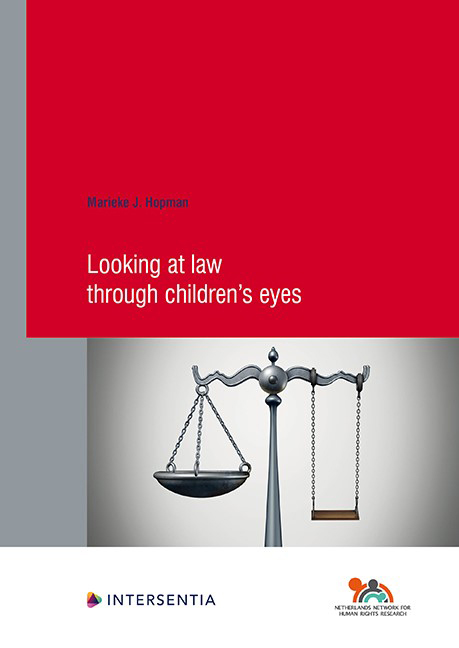Chapter 6 - The Child’s Right to Education in the Central African Republic
Published online by Cambridge University Press: 25 May 2021
Summary
INTRODUCTION
The Central African Republic (CAR) is a true contender for the label of “worst country in the world”. The country has been rated as having the lowest human development, and as being both the poorest and the unhappiest country in the world. Regarding the child's right to education, the country has been ranked the worst country in terms of children's rights, having the lowest opportunities for youth development and having the lowest education achievement in the world.
When I first arrived in the Central African Republic and started asking people about the CAR child's right to education, a common initial reaction would be: “In the CAR, the right to education does not exist.” In a way, the question itself seemed almost ridiculous. In my view, there are three ways in which we can understand why people argue that the right to education does not exist in the CAR. First, there is a very large discrepancy between formal (international and national) law on the right to education and the reality in the CAR. Second, it is doubtful whether there are any laws and/or rights in the CAR at all. Third, even if there are rights, it is particularly doubtful if these apply to children.
To understand the situation in the CAR as regards the child's right to education, the chapter will start with explaining the empirical findings as regards the daily situation in the CAR with regard to education. This section will give a general impression of the situation, based on interviews, observations and literature (§6.2). Second, the question will be discussed what laws apply, with statutory law of different legal orders divided up into formal written law, law for the community and hidden law. To answer this question, the interviews will be analyzed for references to laws and/or legal orders, according to the criteria for law as indicated in chapters 1 and 3 (§6.3). Section 6.4 will present an analysis of law for children as concerns education in the CAR, which includes a literature review whereby the findings of this case study are placed in a broader context of law in the CAR (§6.4). Lastly, the chapter will end with an update of developments in the CAR since the data collection for this case study (2017) (§6.5).
- Type
- Chapter
- Information
- Looking at Law through Children's Eyes , pp. 217 - 278Publisher: IntersentiaPrint publication year: 2021

